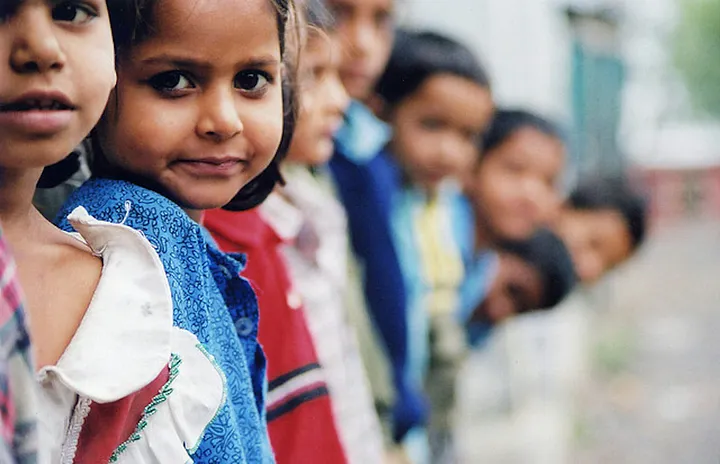
Introduction
In a world marked by disparities in wealth and resources, extending a helping hand to the poor and distressed is not just an act of kindness; it’s a moral imperative. From providing financial assistance to offering emotional support, there are numerous ways individuals and organizations can make a meaningful impact on the lives of those in need.
Understanding Poverty
Defining Poverty: Poverty encompasses more than just a lack of financial resources. It’s a multifaceted issue that deprives individuals of access to basic necessities such as food, shelter, education, and healthcare.
Factors Contributing to Poverty: Structural inequalities, lack of education, unemployment, and health issues are some of the key factors that perpetuate poverty.
Effects of Poverty: Poverty not only affects individuals but also has far-reaching consequences for society as a whole. It contributes to social unrest, crime, and hindered economic growth.
Types of Assistance
Financial Assistance: Providing monetary aid can help alleviate immediate financial burdens and empower individuals to meet their basic needs.
Access to Basic Necessities: Ensuring access to food, clean water, shelter, and sanitation facilities is essential for improving quality of life.
Educational Support: Investing in education enables individuals to break the cycle of poverty and pursue better opportunities.
Healthcare Services: Access to healthcare services, including preventive care and treatment, is crucial for maintaining physical well-being.
Mental Health Support: Addressing mental health issues and providing support services is equally important for overall well-being.
Organizations and Initiatives
Numerous organizations, both local and international, are dedicated to helping the poor and distressed. From large NGOs to grassroots initiatives, these organizations work tirelessly to provide aid, support, and resources to those in need.
Ways Individuals Can Help
Volunteering: Volunteering time and skills can make a significant difference in the lives of others and strengthen communities.
Donations: Whether it’s donating money, clothing, or household items, every contribution counts towards making a positive impact.
Spreading Awareness: Raising awareness about poverty-related issues can help mobilize support and drive change.
Supporting Local Businesses: Supporting local businesses and entrepreneurs can stimulate economic growth and create opportunities for marginalized communities.
Overcoming Challenges
Addressing Systemic Issues: Tackling systemic issues such as inequality, discrimination, and lack of access to resources is essential for creating lasting change.
Breaking Stereotypes and Biases: Challenging stereotypes and biases is crucial for fostering empathy and understanding towards those in need.
Ensuring Sustainable Solutions: Implementing sustainable solutions that address the root causes of poverty is key to long-term success.
Impact of Helping
Positive Effects: Helping the poor and distressed not only improves individual lives but also strengthens communities and fosters a more inclusive society.
Stories of Transformation: Countless stories illustrate the transformative power of assistance, showing how it can empower individuals to overcome adversity and thrive.
Conclusion
In conclusion, helping the poor and distressed is a moral imperative that requires collective action and commitment. By extending a helping hand, we not only uplift individuals but also contribute to building a more equitable and compassionate world.
FAQs
How can I make a difference in my community?
- You can start by volunteering with local organizations, donating to causes you care about, and advocating for policies that address poverty and inequality.
Are there any specific ways to support children in need?
- Yes, you can sponsor a child through reputable organizations, support educational programs, or donate to initiatives that provide healthcare and nutrition services to children.
Is it better to donate money or goods?
- Both options have their benefits. Donating money allows organizations to allocate resources where they are needed most, while donating goods can directly address immediate needs.
How can I ensure my contributions are making a meaningful impact?
- Researching organizations, asking questions about their programs and impact, and monitoring their progress can help ensure your contributions are used effectively.
What role does government play in addressing poverty?
- Governments play a crucial role in implementing policies and programs that address poverty, promote economic opportunity, and ensure social safety nets for vulnerable populations.
Leave a Reply